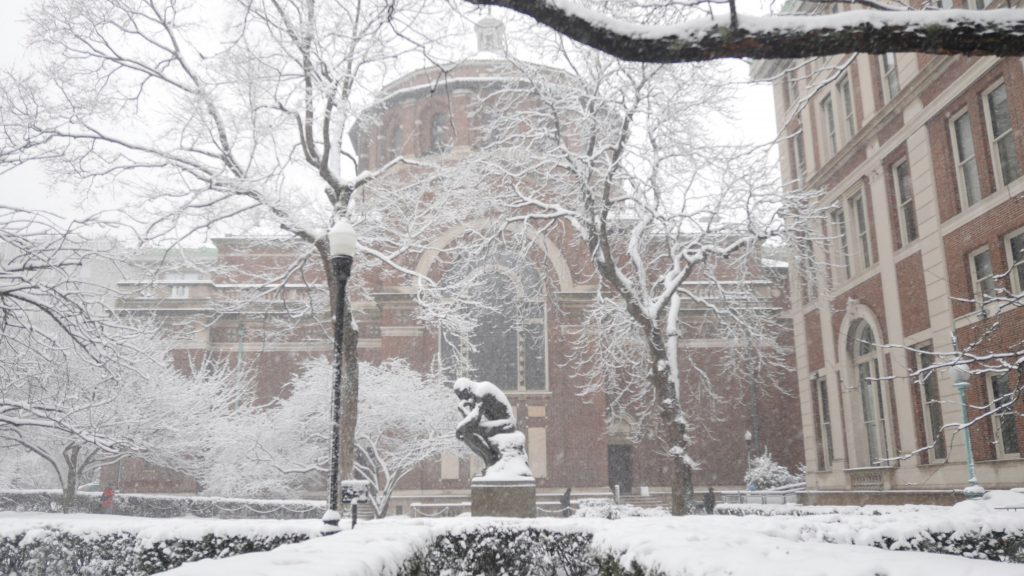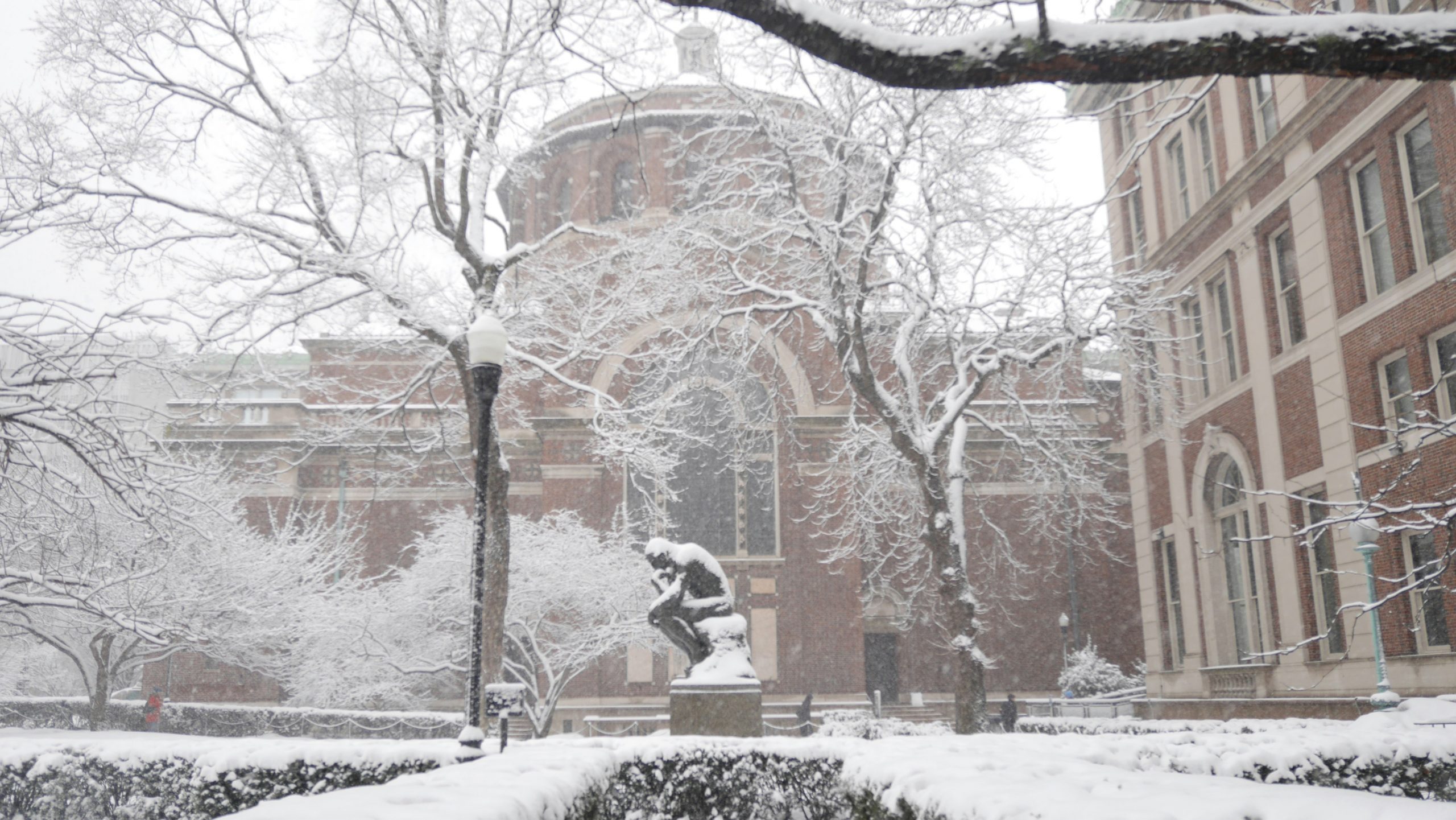I know, you’re asking yourself “Doesn’t he have that wrong? God is eternal. He doesn’t evolve.” I guess I could qualify it with the addition of “…in Hillebrecht’s Brain”, but I think the issue has wider ramifications than that. Religion keeps cropping up in my novels, and I was surprised to see a gradual change in my view of religious beliefs and even ethics over the years, something that I didn’t intend. I’ve always believed the best way to present a philosophical argument is through fiction, a practical illustration of a belief system. I may have inadvertently provided that.
To my thinking, the existence of God usually falls into three general categories. The first is the origins of the universe where it comes down to Big Bang vs Garden of Eden, second is religion (my God is better than your God), and third is personal ethics (good vs evil). Perhaps this can best be broken down as God dealing with Nature, God dealing with Humanity, and God dealing with the individual. Note, these are three completely different issues, and while they may indeed be interrelated, they also may very well have completely different answers.

In The Paladin Trilogy, the main protagonist is a holy warrior named Darius Inglorion, a paladin of the god Mirna. Darius has an indirect link to the god, a personal knowledge, and as such, he often bypasses the dictates of the established Church which has become…sidetracked over the centuries. In the first book, A Rage in the Heavens written in 1991, Darius is viewed as a heretic by the Church and is actively condemned by them. But in the third and final book, Darkness Ascending written in 2005, he meets a priest of Mirna from a distant land and discovers this man is much more in tune with ideals of the god. These novels primarily explored God’s involvement with Humanity and ended up with the somewhat left-handed conclusion that people don’t always get it wrong.
Jump ahead to 2021 and the Behind the World trilogy. Here, the protagonist is Father Homer, a modern-day Catholic priest who possesses a very special internalized power of compulsion and control over others. Like Darius, Homer has a personal knowledge of God, and like Darius, this brings him into conflict with the established Church, to the point where he is threatened with being defrocked for heresy. Homer is accompanied by his friend and self-appointed bodyguard, Francisco Stampa, a hard-headed realist and unrepentant atheist who always offers a more pragmatic view of the miraculous. Here, God is much more involved with people, and the focus is on the individual, starting with but not limited to, Father Homer.
In both series, my doubts about organized religion are clear. Having somebody telling you about God is always inferior to a personal knowledge of God, whether it is in a fantasy world or the real world. More, organized religion can get distracted by the secular realities of everything from hierarchies to bake sales, and the history of schisms and reformations demonstrate how human interpretations can only distort the image of God. But while inherently flawed, that does not make churches evil or even undesirable. Darius’ intractable conflict with his Church gives way to Homer’s more pliable relationship with the traditionally unpliable Catholic Church.
So, what does this say about the evolution of God in Hillebrecht novels and, perhaps more importantly, in my own heart? On the question of God as the Creator, I started life as an agnostic, realizing the limits of my own knowledge and the limits (and oft revealed errors) of humanity’s knowledge, and I pretty much remain there. Many intelligent people make science a religion, a monolith in which they have unshakable faith, even when their deity can and has been proven flawed. Guess that’s where the faith part comes in. On the other hand, religions keep asking us to believe in miracles that defy the evidence of our experience and our senses. If you see Man as the ultimate masterpiece of the Creator, it is hard to believe He would endow us with such a drive to use our minds and senses and then command us to suspend them to believe a myth. Add in the vague threat of eternal damnation if we don’t and you have a contradiction. No, that’s men speaking and threatening, not God.
On the surface, the major change is the softening of my views on established religion. Starting with an inflexible bias against organized religion, I’ve eased back, now seeing the church as composed of mostly well-meaning people who can contribute to the common good, even when they don’t realize it. There is still an inherent flaw in inserting a level of priests between the God and the followers, a situation ripe for connivance and corruption. But if good and honest people can resist the lure of that power, then the situation is…not intolerable.
But what of personal ethics, of the knowledge of the differences between good and evil? Consider the significance of Homer’s friend, Francisco Stampa, an atheist who believes Homer is sadly deluded and has nothing but contempt for the established churches. But Stampa is drawn to Homer beyond the simple bonds of friendship and common history. He recognizes the ethical streak in Homer, in his unshakable moral compass, and he is reluctantly attracted to that goodness, even as he uses brute strength and ruthlessness to deal with the threats from the outside world. But there is a parallel in Darius’ relationships. Darius is the inspiration of all those around him, and none more so than the deadly thief, Adella. Like Francisco, Adella is contemptuous of religion and completely amoral, acting only in her own self-interests. Yet she is moved by the example of Darius’ commitment and integrity, and she gradually comes to throw her considerable powers behind the cause of good. In both cases, powerful people with contempt for religion are swayed not by facts or moral arguments but by the example of men they grudgingly admire. Stirred by the goodness those heroes carry within them.
There, perhaps, is the continuing vein of religion to be found in my novels, the notion of God’s presence within each and every one of us. And how the divine spark we carry responds to heroism, whether it comes from a sword-wielding paladin or a humble, unassuming priest. Yes, there is a place for God, even in the stories of an agnostic. Because I, like so many people, really love the concept of God and the power He can inspire in the human heart. And in a novel, I’m able to fully suspend my disbelief and embrace the idea of the divine.

Leave a Reply